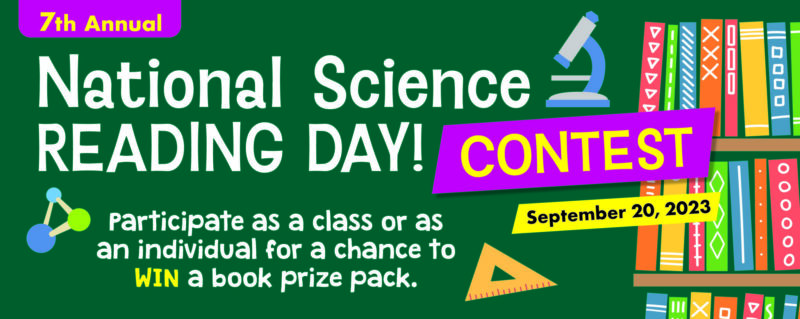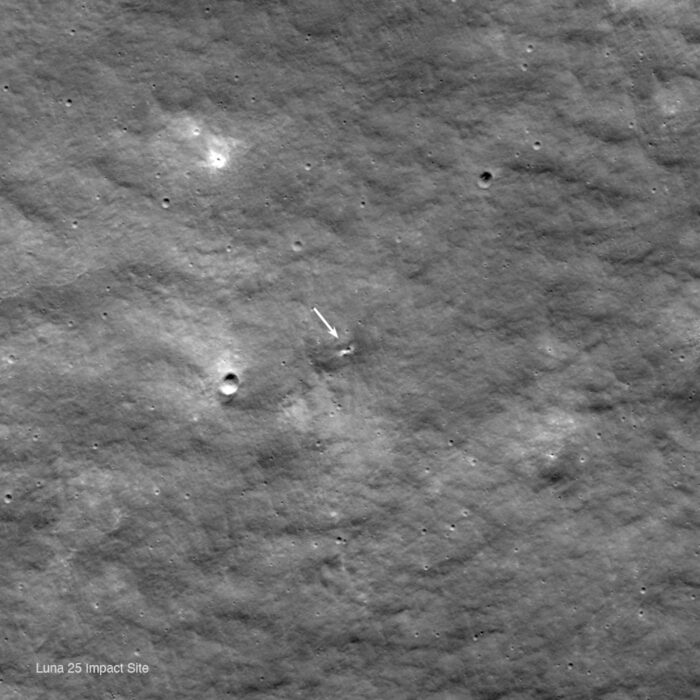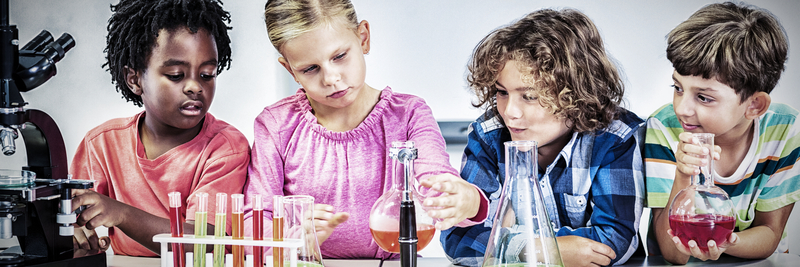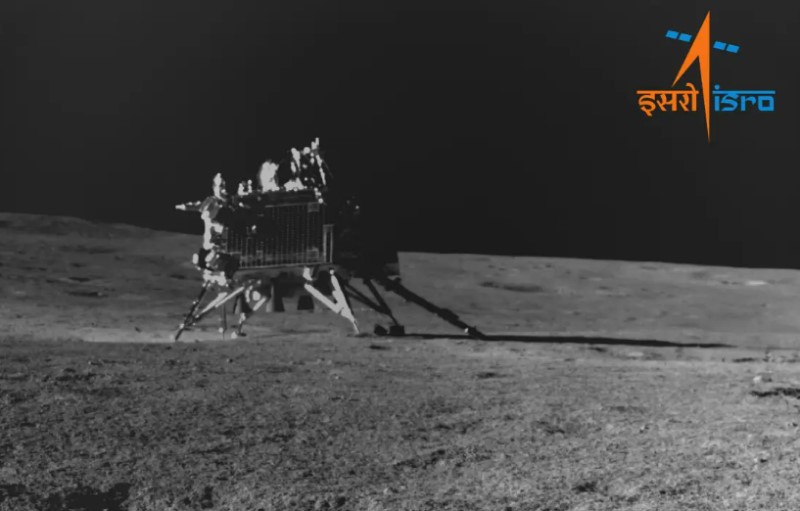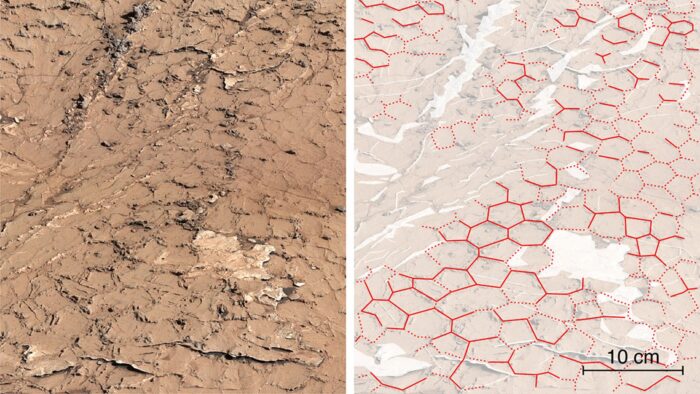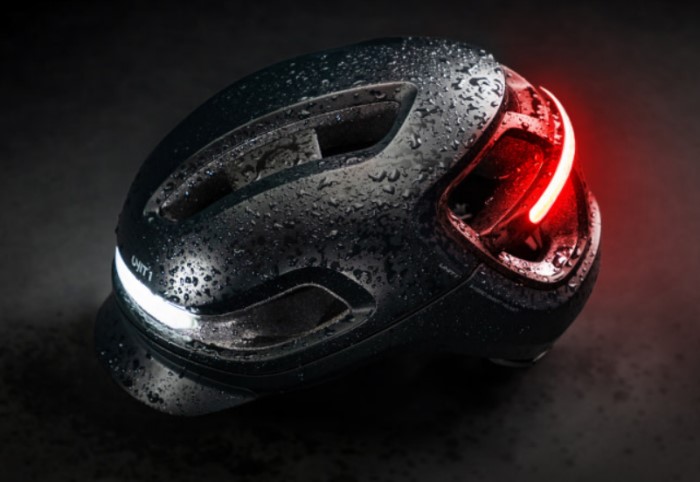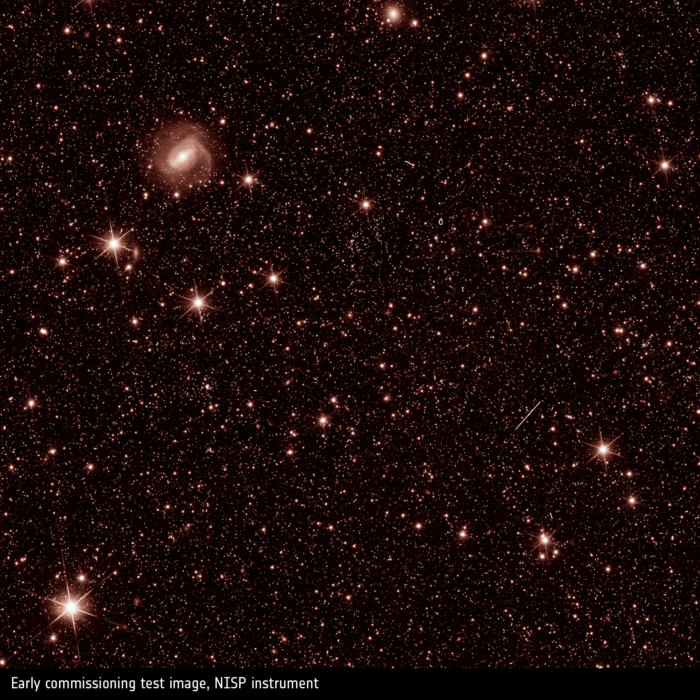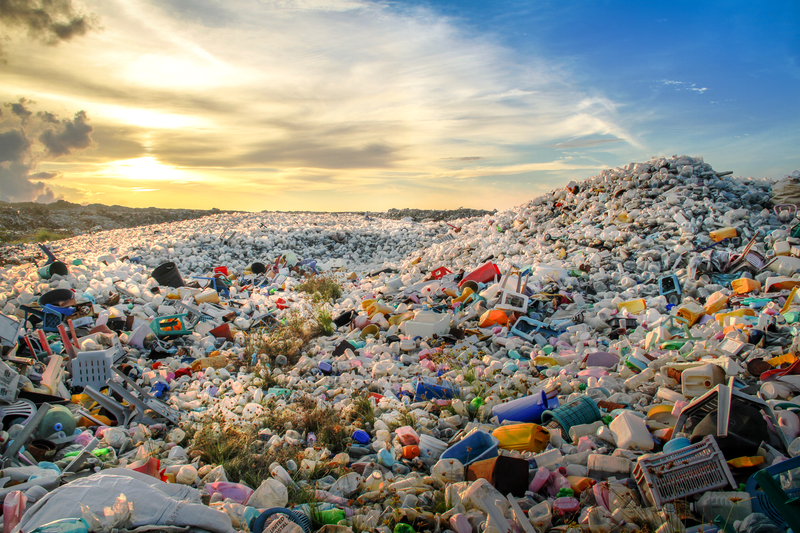May 1 to 16 is Science Odyssey, a celebration of all things science! OWLconnected is recognizing this two-week event with lots of science content, as well as with an amazing contest, presented by our friends at the Natural Sciences and Engineering Research Council of Canada (NSERC). Details are at the end of this post—be sure to enter!
One fantastic fair!
Winners and participants at ISEF can use the experience to move into promising careers in science ... or just have a great time with other student scientists! (Getty Embed)
From May 16 to 21, the world's most prestigious youth STEM fair is happening—the 2021 Regeneron International Science and Engineering Fair (ISEF). Every year, the Regeneron ISEF draws over 1,800 student scientists from countries all around the world and gives out thousands of dollars in awards and prizes. Awesome!
Eight students have been selected to form Canada's team, and we spoke to two of them—Haolin Li, 16, and Jason Teng, 14, both of Toronto, Ontario. This pair's entry into the festival focuses on possible new treatments for prostate cancer.
Meet Haolin and Jason
This project required lots of research, hard work, and problem-solving from this duo—and all while completing their normal school workload. We asked them about how they chose their project, the challenges of doing science from home during a pandemic, what they each bring to their team, and their plans for the future.
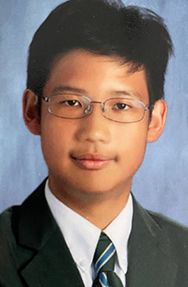
Haolin Li (Courtesy of Youth Science Canada)
OWLconnected: How did you both meet?
Haolin Li: In middle school, we were on the same robotics team. It was mix of Grade 7s and 8s. Last summer during the lockdown, we were having discussions about how we were both interested in cancer research. That’s how we decided to do this project.
OC: Can you explain your project to us?
HL: We wanted to analyze our immune cells and their responses to tumor cells of prostate cancer, so we could improve our understanding of the tumors and their surrounding environment, called the tumor micro-environment (TME). This is very important in order to know what treatment fits best [to fight the cancer].
OC: Did your project focus on a particular treatment?
HL: We focused on a treatment called immunotherapy—basically we train our immune system to recognize and destroy tumor cells.
OC: That actually sounds a lot like how a vaccine ‘trains’ your immune system to fight a virus.
HL: It’s sort of similar. Both work with the adaptive immune system, so yeah!
OC: This is a complicated project. How did you decide to do it?
Jason Teng: We chose prostate cancer because my grandfather was diagnosed with it. Due to the insufficient current treatment, he suffered a lot from side effects from radiation therapy.
HL: Yeah. And my piano teacher’s husband died from prostate cancer. It was disheartening to see that, but we wanted to look forward to the future. So we chose immunotherapy and prostate cancer for our project because of its personal connection to us.
OC: How did you hear about immunotherapy? That’s a big concept.
HL: I actually heard about it from my science teacher. I thought it was interesting, so I read about it online. Then I sort of just dragged Jason into it (laughs).
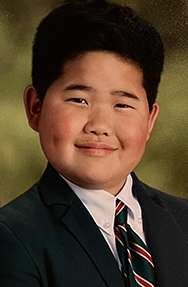
Jason Teng (Courtesy of Youth Science Canada)
OC: What do you like about science fairs? When did you start entering them?
JT: The first science fair that I attended was in Grade 3. The experience helped me learn that many people are trying to do their best—that inspired me to try and do my best as well!
HL: My first science fair was in middle school. The experience was fascinating. I could see how open it was to innovation and how, despite our age, we could still do something profound for our community. So that was why we wanted to enter this science fair—to do that on a higher level, basically.
OC: Let’s talk about that! How did you end up entering ISEF?
HL: We sort of just stumbled on it! I was just searching science fairs that we could attend and ISEF was the ultimate goal, so we skipped a couple steps with the regional fairs (laughs). We just applied directly to Youth Science Canada, who were hosting the Team Canada selection [for ISEF].
And along the way, we were doing the project—we started before we knew about the fair. We just wanted to do it and see where it went!
The scene from ISEF in 2007. Though this year's fair will be virtual, it will still be the largest pre-college gathering of scientists in the world! (Getty Embed)
OC: What’s been most challenging about doing this project together during the pandemic?
HL: I wanted to be in a lab to do this, using direct patient samples of prostate cancer. Now, I didn’t think about where we’d get the samples from! (laughs) But then the pandemic happened and we couldn’t be in a lab. We had to find alternative data that we could work with that was reliable and verifiable.
OC: How did you do that?
HL: We read a lot of literature over the summer! And we used The Cancer Genome Atlas program. Basically, they have over 20,000 primary cancer tumors, and they’ve matched them up to different types and subtypes [of cancer]. We also grabbed some samples from other databases, like from the University of Pittsburgh.
JT: And we used samples from the Memorial Sloan Kettering Cancer Center’s research [in New York City].
OC: Wow! So you both needed to search all over to find the research that you needed. How long did the project take?
HL: More than half a year. In the summer, we met every weekend. Then once the school year began, we met three or four times a week to discuss our findings and talk about the next step because we had to work quickly.
OC: And how about you two as a team? How do you two compliment one another?
HL: Jason likes to work. (laughs) And he’s really fast at learning. But he’s also responsible for all of the animations and presentations that we submitted. So he’s good in the artistic department—definitely better than me! I sort of just take care of the Q and A interview section!
JT: Yeah, I enjoy doing art as a hobby in my spare time, drawing and animation. We had an optional one-minute and two-minute presentation, and then we had a seven-minute one that was a 12-page slideshow. I was in charge of preparing those.
HL: Yeah. Like, I write for a hobby (laughs), so he had to pick and choose which sections were most important and ask me for clarification or to rewrite certain sections.
OC: Sounds like you really balance each other out! Do you both see a future in science research?
HL: Well, I know that I want to. Probably in neuroscience.
JT: I’m more leaning towards biology. I’m trying to dive more into that kind of research.
HL: So we probably will be working together next year again! Hopefully the labs open up again soon!
OC: We wish you the best of luck at the fair. It sounds like this is only the beginning of your scientific careers!
HL: Yes, hopefully!
Contest alert
Don't forget to enter the Science Odyssey Contest! Click HERE TO ENTER.

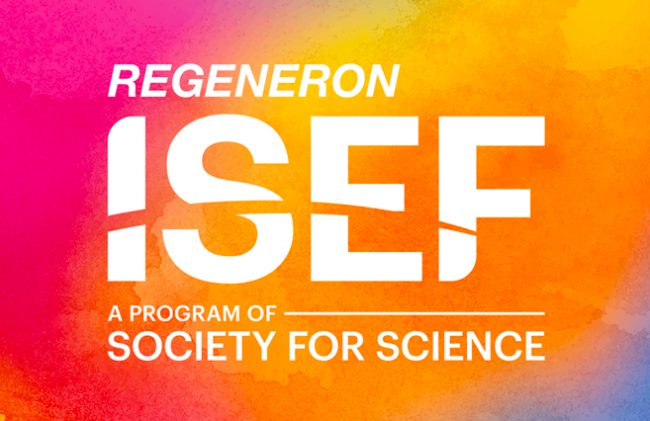 ISEF is a science fair that has been happening since 1950! (Regeneron ISEF)
ISEF is a science fair that has been happening since 1950! (Regeneron ISEF)
